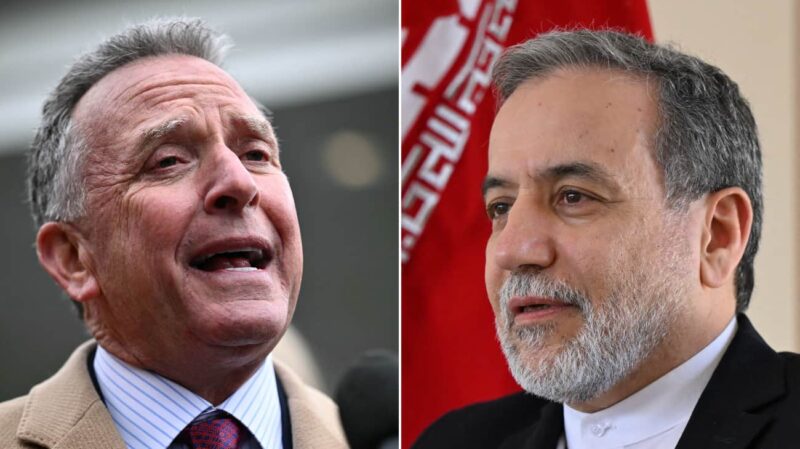The USA and Iran Announce Significant Progress in Nuclear Negotiations and Prepare for the Next Stage

Relations between the United States and Iran are once again gaining momentum in the context of diplomatic efforts regarding Tehran’s nuclear program. Official representatives of both countries reported substantial progress in their negotiations, offering hope for the possible resumption or conclusion of a new nuclear agreement. Despite prolonged periods of uncertainty and conflicting signals, recent events indicate a willingness on both sides to take steps toward each other and lay the groundwork for further diplomatic dialogue. According to Reuters, the talks held in the Rome format have overcome several challenging stages and are now moving in a positive direction. The initial phase of meetings, which took place on April 19, included both direct and indirect consultations. Both delegations expressed optimism about reaching a compromise. Independent sources reported that during breaks between the meetings in Rome, U.S. Special Envoy Steve Vitosf had a private discussion with Iranian Foreign Minister Abas Araghchi. According to a high-ranking source, “significant progress was made in the development of negotiations, discussing both direct and indirect channels of communication.” Iranian Foreign Minister Araghchi stated on his X (formerly Twitter) account that the parties “made progress on the principles and goals of a possible agreement.” However, he emphasized that “optimism should be maintained cautiously” and that potential risks and difficulties on the path toward a final decision need to be considered. Diplomatic sources also reported that the ministerial meeting held in Oman marked another step toward concluding a comprehensive agreement. According to official information, the parties agreed to continue consultations at the end of April — on the 26th — with the meeting scheduled in Muscat, the capital of Oman. The goal of these negotiations is to reach a compromise that would allow Iran to maintain its capacity to develop peaceful nuclear energy, reduce sanctions pressure, and avoid the development of nuclear weapons. Before the start of the new round of negotiations, Vitosf held a meeting with Rafael Mariano Grossi, Director General of the International Atomic Energy Agency (IAEA). In his comments to the agency, he underlined that the role of the international oversight body could be crucial in confirming compliance with the agreements. They also discussed the potential involvement of the IAEA in monitoring adherence to the deal, analyzing the period after the signing of any document similar to the 2015 agreement, which currently remains a focus of international diplomatic efforts. The recent negotiations are rooted in a series of meetings held in the Rome format. For instance, on April 19, there was an indirect communication between the Omani mediator and the delegations during intergovernmental consultations. This involved Iran and the US coordinating their positions through third parties, indicating that the negotiation process remains delicate but positive. Prior to this, on April 18, Iran declared its readiness to discuss some restrictions on uranium enrichment. However, Tehran stresses that its right to enrichment remains inviolable, and any agreements on this matter should be based on guarantees that the US will not breach the deal again — as it did in 2018 when Washington exited the agreement under President Trump. A significant milestone was reached earlier in April, when U.S. diplomat Vitosf and Iranian Minister Araghchi held their first constructive meeting in Oman. Both sides assessed the dialogue as positive and as an effort to find a compromise. Currently, the diplomatic process is at a critical stage — the success of future negotiations will determine not only the fate of these talks but also regional stability and global security. Nevertheless, amidst active diplomacy and gestures, many challenges and uncertainties remain. The key question is whether the parties will overcome internal and external obstacles to reach a compromise satisfying both countries and the international community. Time and political will are crucial factors in this complex process, which has the potential to shift the balance of power in the Middle East and influence global security realities.

